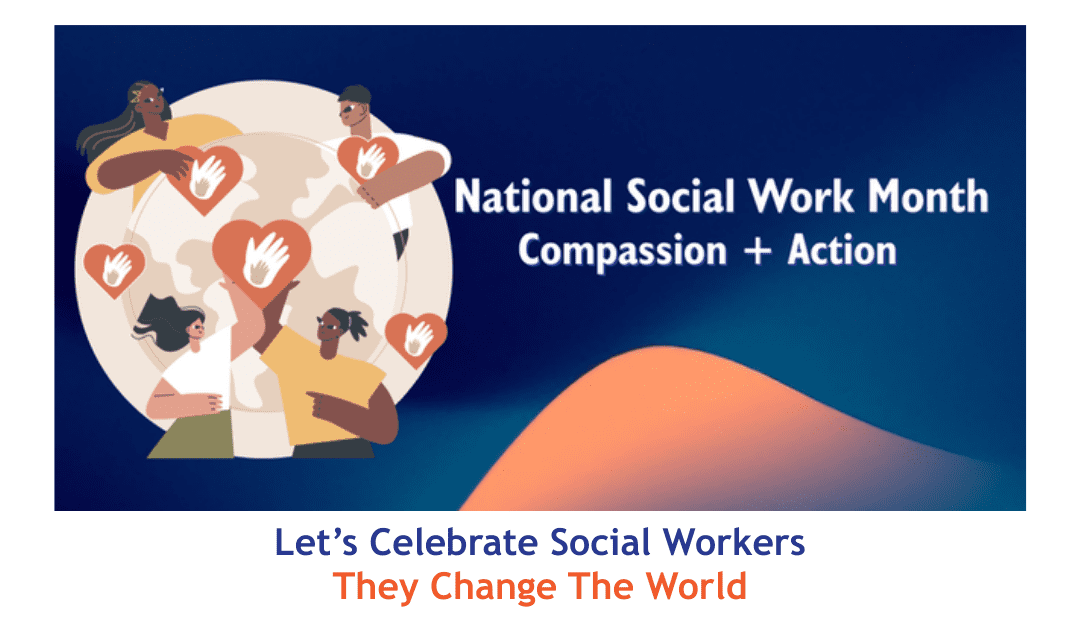
by Bag It Team | Mar 10, 2025 | Educational Articles
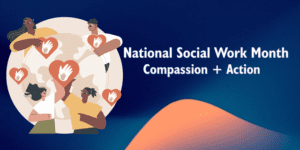 March is Social Work Month and this year’s theme is Social Work: Compassion + Action. Individuals who enter the social work field don’t do it for the fame or glory, they enter the profession because they care. They care about people, policies, and advocacy. Social Work Month allows us to celebrate these special people who often go unseen but are so vitally important.
March is Social Work Month and this year’s theme is Social Work: Compassion + Action. Individuals who enter the social work field don’t do it for the fame or glory, they enter the profession because they care. They care about people, policies, and advocacy. Social Work Month allows us to celebrate these special people who often go unseen but are so vitally important.
You may not realize it but social workers are everywhere! They work in clinical settings, hospitals and medical offices, in schools and community centers, in child protection and legal realms and in public policy spaces. There are over 700,000 social workers in the United States. Despite years of education, training and multiple certifications, social work is also one of the fastest-growing occupations, and these empathic individuals are in high demand.
One branch of social work near and dear to Bag It is medical social work — especially those in the oncology space. Oncology social workers support patients from “you have cancer” into survivorship. They provide assessments, assist with resource navigation, help with life and memory planning, and, most importantly, they offer emotional support. Oncology social workers are there during the hard conversations with providers and remain with you after to offer kindness, empathy and support. They are the middleman between the medical team and the patient and their family. In a space where everyone else is focused on the cancer, the social worker is focused on YOU — your quality of life, your hopes, dreams, and wishes, and your feelings and opinions.
Social work can be an amazingly rewarding profession. Regardless of the setting they work in, they go in each day knowing their goal is to help others, to improve lives and enhance well-being. Working with diverse populations helps you learn more about the communities we exist in, the varying needs and about yourself. There are endless positives to social work. And, simultaneously, it can be one of the most difficult professions. Social workers see the world at its best and at its worst, they see people at their happiest and their saddest, at the beginning of their lives and at the end. There is heartache and trauma in this work because there are barriers beyond our control. But they return to work, to the front lines of the human experience, day after day.
Here are some additional resources about how Social Workers can help you and your caregiver.
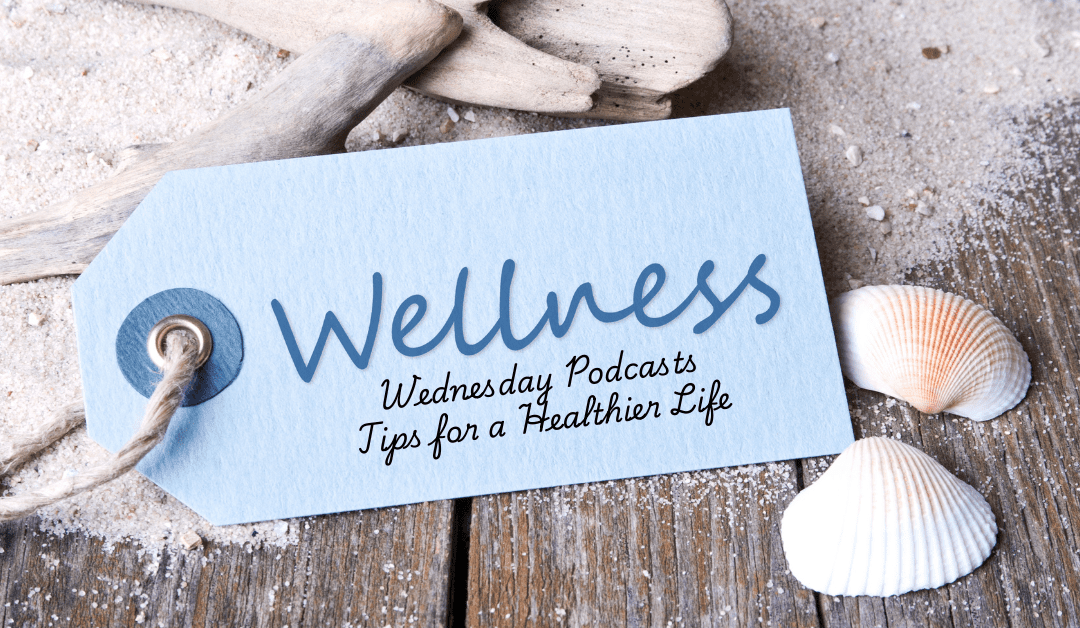
by Bag It Team | Dec 18, 2024 | Events
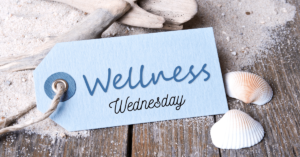 Looking for tips on healthy living and overall wellness?
Looking for tips on healthy living and overall wellness?
Watch Bag It Cancer’s recordings of our Wellness Wednesdays Podcasts on You Tube On Demand.
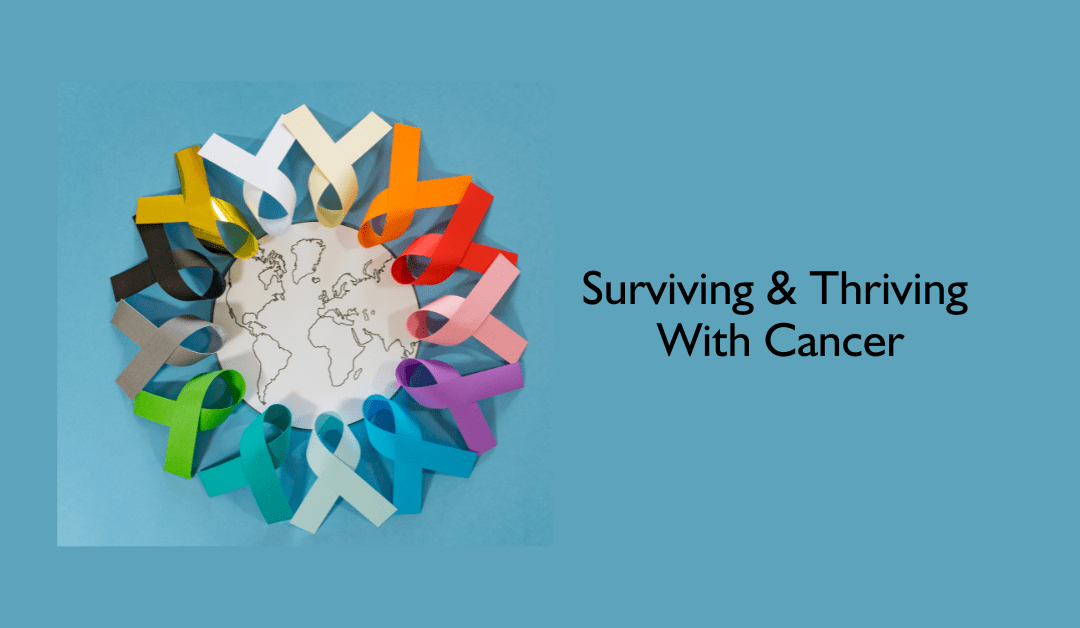
by Bag It Team | Jun 3, 2024 | Educational Articles
In honor of National Cancer Survivors Day on Sunday, June 2nd, Bag It’s own Mikey Shock has shared her personal journey of coming to terms with being a cancer survivor.
Cancer Survivor… Survivorship… They are words that usually make one think of someone who has won the battle with cancer and is in remission. But there is so much more to survivorship than we think. Survivorship begins at the time of diagnosis and continues for the rest of your life, beyond treatment. It refers to the navigation and experience of a cancer diagnosis.
For the longest time during treatment, I felt like I couldn’t use the word survivor because I had not yet beat cancer; I wasn’t in remission yet. But, others told me that I was a cancer survivor. There was so much inner turmoil because how could I have cancer? I honestly thought it was REALLY funny that I had such a diagnosis. I grew up asking my Mom if I would get the cancer she had when I was two, and she would always tell me no because it isn’t genetic. Well… it’s funny because I got the same diagnosis in the same location, and during the same time of year, 19 years later.
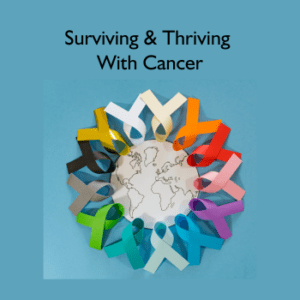 Cancer was one of the best and worst things that ever happened to me. I am so glad and grateful I had cancer. I learned so much about who I was and what I could do. Even though I know my diagnosis doesn’t define me, I now find myself constantly motivating myself by saying “I beat cancer, this is nothing!” Knowing that there is a possibility you could die because you have a deadly diagnosis changes your perspective on life and the world around you. You see things you never noticed before, you appreciate the world around you and the fresh air in your lungs (especially after you experienced a collapsed lung). My diagnosis changed me for the better.
Cancer was one of the best and worst things that ever happened to me. I am so glad and grateful I had cancer. I learned so much about who I was and what I could do. Even though I know my diagnosis doesn’t define me, I now find myself constantly motivating myself by saying “I beat cancer, this is nothing!” Knowing that there is a possibility you could die because you have a deadly diagnosis changes your perspective on life and the world around you. You see things you never noticed before, you appreciate the world around you and the fresh air in your lungs (especially after you experienced a collapsed lung). My diagnosis changed me for the better.
After months of coughing until I threw up and having my symptoms ignored by my doctor, I finally received a chest x-ray that showed my right lung collapsing and filling with fluid. Further scans at the ER revealed a massive tumor causing this destruction. After a hospital stay, lots of tests, and a month later I found out that it was Hodgkin’s Lymphoma. It was surreal because I grew up with my Mom sharing her experiences battling this diagnosis. I hear the horror she experienced because technology had not yet evolved to what it is today. I underwent 16 chemo treatments for ABVD and 15 rounds of radiation.
It wasn’t until after I was considered in remission that I started to truly process my survivorship. During treatment, I was in survival mode and wasn’t able to consider my feelings and emotions toward it, I had to get through it.
Ultimately what helped me process my survivorship was Bag It Cancer! I had read all of the materials in the binder during treatment, though I wasn’t able to process everything I was reading, I appreciated knowing I had a resource I could go to whenever I needed it. After I started working for Bag It, I began to see what a helpful resource the Bag It Bag could be. I started to attend events on behalf of Bag It where we would have an advocate table. One of my first events was a Survivorship event. I heard stories, participated in small groups, and had several discussions with oncologists and cancer survivors. This is when I started to truly process what I had just gone through!
After my treatments had ended, I became very depressed and I wasn’t sure why. I was honestly sad that I wasn’t in treatment anymore. I can’t explain it. It wasn’t survivor’s guilt, but a sadness that I had finished that journey. It also didn’t help that the cards, constant texts, and support were starting to dwindle because I was “fine” at that point. I just felt lost.
Honestly, coping with the experience of survivorship after treatment was way harder than during treatment. Again, I can’t tell you why, but I think it’s because I wasn’t in survival mode. I was finally given the time and energy to process this traumatic experience.
I also felt (and still sometimes feel) completely invalidated. I feel that when my body hurts, or when I am so tired that I can’t function, or that I get confused and foggy it’s not a valid excuse anymore because I’m not in treatment. Even a year after treatment ended, I still feel these symptoms at full force and feel like I am expected to be at my full capacity even though I can’t. For some, these long-term symptoms last months, years or even for the rest of your life after chemo.
Survivorship to me means that I am someone who has battled and beat cancer, but also continuing the battle for the rest of my life. I was poisoned with some nasty stuff, and I came out stronger. I am proud of my journey. I am a cancer survivor, and each moment is my gift. Stay strong!
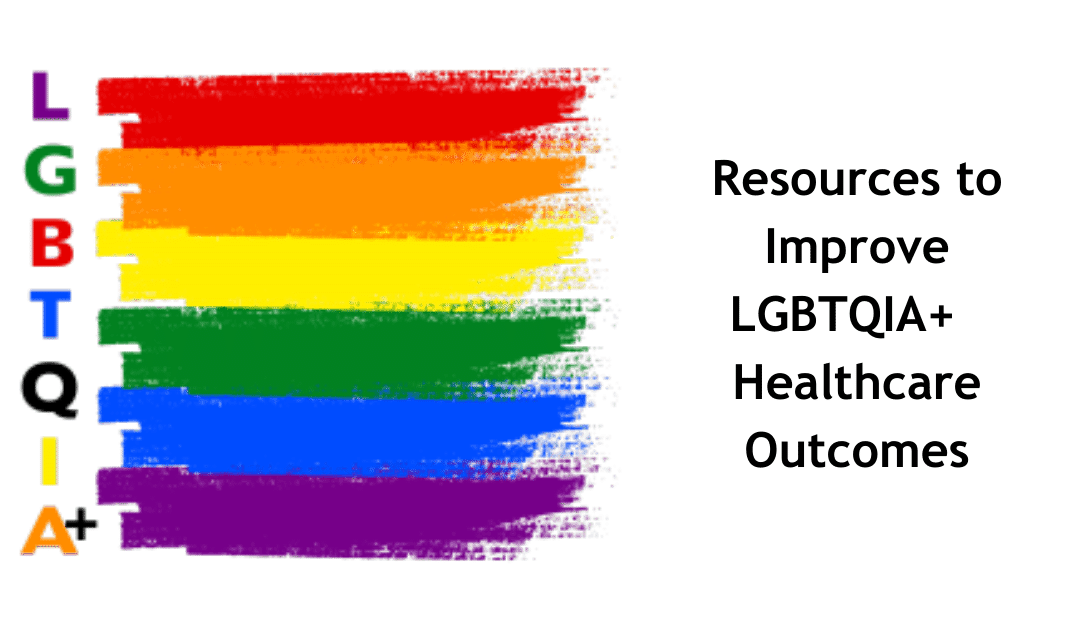
by Bag It Team | Jun 12, 2023 | Educational Articles
June is Pride Month, an opportunity to celebrate and recognize the impact of the lesbian, gay, bisexual, transgender and queer individuals in our communities. However, the LGBTQIA+ community continues to have many struggles, including receiving good healthcare, largely due to past experiences or fear of discrimination of providers.
National Institute on Minority Health and Health Disparities (NIMHD) reports that stigmatization, hate-violence, and discrimination are still major barriers to the health and well-being of LGBTQIA+ individuals.
Additional challenges for LGBTQIA+ individuals include a higher risk of certain conditions, less access to health care and worse health outcomes. These are partially due to a lack of data, lack of knowledge from healthcare providers for these patients and issues related to social determinants of health. According to the National LGBT Cancer Network a cluster of lifestyle factors including drinking alcohol, smoking, being an unhealthy weight, HIV and HPV infections, and not going in for screenings are all risk factors found to increase cancer incidence and late-stage diagnosis in this population.
Here are a few additional facts:
- 1 million. The number of LGBTQ+ cancer survivors in the country today (National LGBT Cancer Network, 2020)
- 7 types of cancer disproportionately impact LGBTQ+ people, including anal cancer, breast cancer, cervical cancer, colorectal cancer, lung cancer, prostate cancer, and uterine cancer (Cancer.net)
- Transgender individuals are significantly less likely to be screened for breast and colorectal cancer compared with cisgender individuals (AACR, 2021)
The American Cancer Society estimates approximately 152,000 new cancer cases and
more than 48,785 cancer deaths among the LGBTQ+ people this year.
LGBTIQIA+ Community Resources
Part of Bag It Cancer’s mission is to provide respected resources to everyone concerned about their health or facing a cancer diagnosis. Here are a few of the sources we list on our Populations Groups page in our Cancer Resource Center. These organizations are on the forefront of advocating for and making improvements to healthcare for the entire LGBTIQIA+ community.
- LGBTQ-friendly health care professional databases
- Support for LGBTQ+ Cancer Survivors
- Gov: Transgender Healthcare—Details to consider in the Health Insurance Marketplace.
- National Center for Transgender Equality—Social justice organization devoted to ending discrimination and violence against transgender people. Resources on a range of issues and rights.
- National Coalition for LGBT Health—Works to improve the health and well-being of the LGBT community through federal and local advocacy, education, training, and research.
- National LGBT Cancer Network—Works to improve the lives of LGBT cancer survivors and those at risk through education, training, and advocacy. Includes a directory for LGBT-friendly providers.
- Queering Cancer—Resources, research, stories and support
- SAGE: Advocacy and Services for LGBT Elders—Works to improve the lives of LGBT cancer survivors and those at risk through education, training, and advocacy.
- The LGBT Cancer Project—Raises awareness and diminishes the threat of cancer in the LGBT community through research, education, survivor support and advocacy.
- Transgender Cancer Patient Project—Community, support groups, trusted resources, events, projects, and zines (self-published books).

by Bag It Team | Oct 7, 2022 | What's New
 Bag It Cancer’s Executive Director Mindy Griffith’s editorial about the forward movement of the Medicare Multi-Cancer Early Detection Screening Coverage Act is featured in the Arizona Daily Star on October 6, 2022. In it, she praises the seven bipartisan members of the U.S. House–including two members from Arizona’s Congressional leadership–for endorsing this impactful legislation that would ensure Medicare is able to provide coverage for early cancer detection tools.
Bag It Cancer’s Executive Director Mindy Griffith’s editorial about the forward movement of the Medicare Multi-Cancer Early Detection Screening Coverage Act is featured in the Arizona Daily Star on October 6, 2022. In it, she praises the seven bipartisan members of the U.S. House–including two members from Arizona’s Congressional leadership–for endorsing this impactful legislation that would ensure Medicare is able to provide coverage for early cancer detection tools.
Read the editorial.

 March is Social Work Month and this year’s theme is Social Work: Compassion + Action. Individuals who enter the social work field don’t do it for the fame or glory, they enter the profession because they care. They care about people, policies, and advocacy. Social Work Month allows us to celebrate these special people who often go unseen but are so vitally important.
March is Social Work Month and this year’s theme is Social Work: Compassion + Action. Individuals who enter the social work field don’t do it for the fame or glory, they enter the profession because they care. They care about people, policies, and advocacy. Social Work Month allows us to celebrate these special people who often go unseen but are so vitally important.

 Looking for tips on healthy living and overall wellness?
Looking for tips on healthy living and overall wellness?
 Cancer was one of the best and worst things that ever happened to me. I am so glad and grateful I had cancer. I learned so much about who I was and what I could do. Even though I know my diagnosis doesn’t define me, I now find myself constantly motivating myself by saying “I beat cancer, this is nothing!” Knowing that there is a possibility you could die because you have a deadly diagnosis changes your perspective on life and the world around you. You see things you never noticed before, you appreciate the world around you and the fresh air in your lungs (especially after you experienced a collapsed lung). My diagnosis changed me for the better.
Cancer was one of the best and worst things that ever happened to me. I am so glad and grateful I had cancer. I learned so much about who I was and what I could do. Even though I know my diagnosis doesn’t define me, I now find myself constantly motivating myself by saying “I beat cancer, this is nothing!” Knowing that there is a possibility you could die because you have a deadly diagnosis changes your perspective on life and the world around you. You see things you never noticed before, you appreciate the world around you and the fresh air in your lungs (especially after you experienced a collapsed lung). My diagnosis changed me for the better.
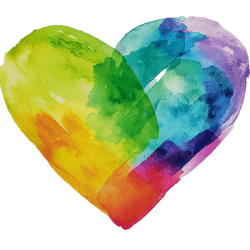
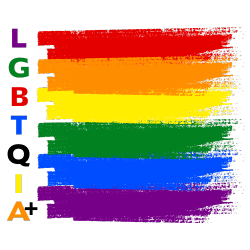

 Bag It Cancer’s Executive Director Mindy Griffith’s editorial about the forward movement of the Medicare Multi-Cancer Early Detection Screening Coverage Act is featured in the Arizona Daily Star on October 6, 2022. In it, she praises the seven bipartisan members of the U.S. House–including two members from Arizona’s Congressional leadership–for endorsing this impactful legislation that would ensure Medicare is able to provide coverage for early cancer detection tools.
Bag It Cancer’s Executive Director Mindy Griffith’s editorial about the forward movement of the Medicare Multi-Cancer Early Detection Screening Coverage Act is featured in the Arizona Daily Star on October 6, 2022. In it, she praises the seven bipartisan members of the U.S. House–including two members from Arizona’s Congressional leadership–for endorsing this impactful legislation that would ensure Medicare is able to provide coverage for early cancer detection tools.
Recent Comments